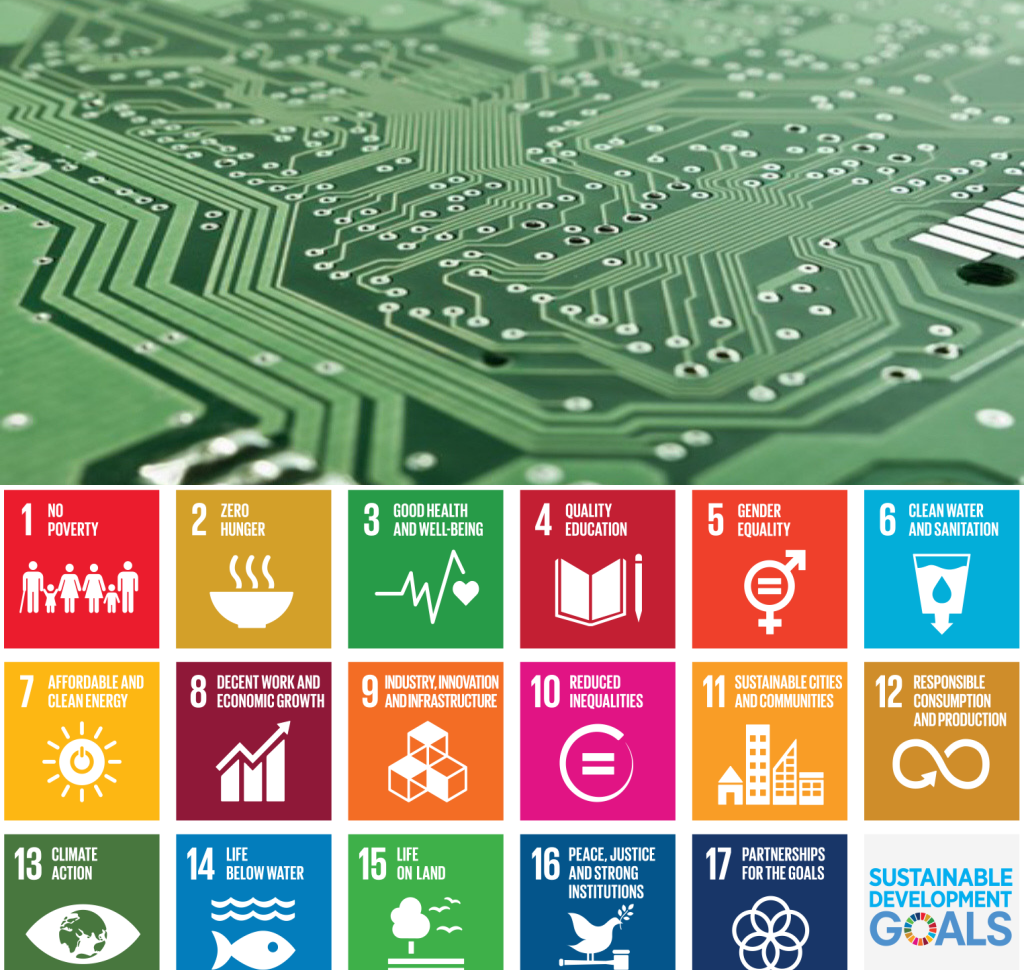
Water Conservation: 7 Simple Ways to Save Water at Home and in Your Business
Water is one of our most precious resources, yet it is often wasted without thought. ...

A recent report issued by the Force for Good initiative argues that technology can reduce the cost of achieving the United Nations Sustainable Development Goals (SDGs) by as much as $ 55 trillion, enabling 103 of the 169 SDG targets.
The report – entitled ‘Technology for a Secure, Sustainable and Superior Future’ – estimates the total cost of reaching the SDGs by 2030 at $ 195 trillion, out of the $ 450 trillion of the world’s total stock of liquid capital.
The report explores the potential of technology to support the SDGs and the critical role the technology industry and its leaders play in this regard. It finds that technology and the technology industry are likely the deciding factors determining whether the SDGs and human security needs are met.
The report analyzes 100 of the world’s leading technology companies across environmental, social, and governance (ESG), sustainability, and stakeholder engagement, “to identify the emerging common ground” on how to be “a force for good” in the world.
The report examines recent innovative and scaled initiatives with the potential to drive systemic change towards sustainable development.
Highlighting that digital technologies sustain life, work, health, and learning for billions of people, the report warns that nearly half the world’s population remains unconnected to the Internet.
Its authors further argue that investment in innovation could increase global GDP threefold to 2060, “raising average per capita income globally to that of South Korea today.” Given technology companies’ role in “imagining, developing, and distributing innovations and solutions with the potential to change the world,” the report finds such companies “have a critical leadership role in making capitalism work for all.”
The publication identifies a sub-group of the largest technology companies that are embracing sustainable growth and impact by “making bold strategic investments across multiple critical future technologies that can build a far superior world for all.”
Efforts include becoming net negative greenhouse gas (GHG) emitters, eliminating waste, or moving towards ambitious diversity and inclusion targets. These companies’ resulting ongoing transformation in assets, strategies, and competencies will position them as potential future leaders of the technology sector, the report argues.
Force for Good works with major institutions and stakeholders to accelerate their efforts to tackle increasingly complex and interrelated challenges like climate change, social inclusion, and sustainable development, to make “an impact for good in the world.”
اترك تعليقا